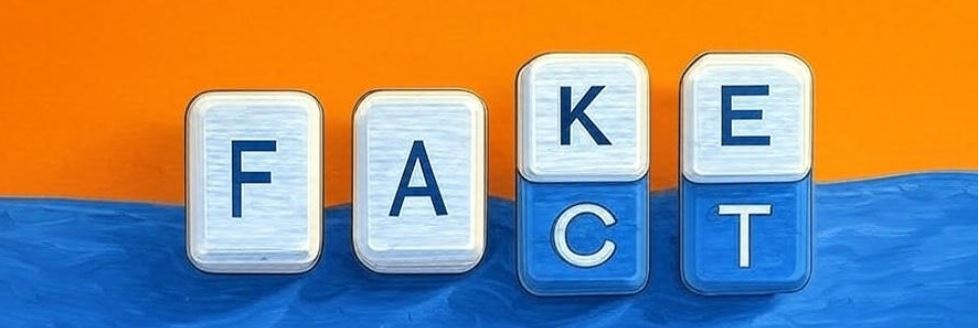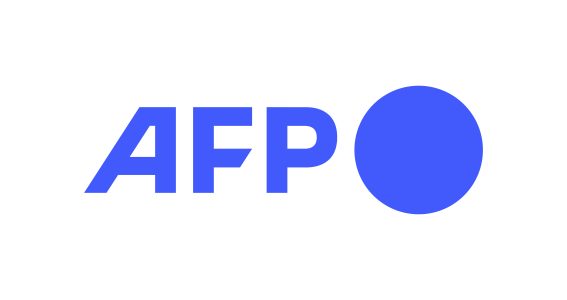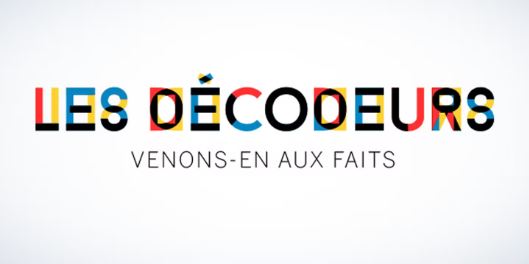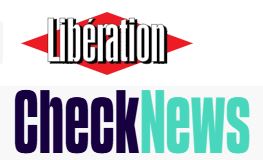Misinformation and disinformation
Viral content, algorithms, cognitive biases… Disinformation spreads fast. To counter it, it is essential to understand the mechanisms that cloud our judgement.
The place of information in society
With the rise of digital channels, available continuously and on a large scale, our societies face a constant flood of information. This massive exposure to a multitude of media, social networks, videos, podcasts, blogs, and traditional press acts as a double-edged sword: an invaluable source of knowledge, it also becomes a formidable tool of manipulation. Driven by algorithms designed to capture attention, this overabundance encourages the repeated consumption of short, appealing, easy-to-digest content that is often stripped of complexity. When it comes to sensitive or high-stakes topics, this mechanism becomes dangerous: it weakens our vigilance, dulls our critical thinking. And it is through these same biases, notably via the widespread dissemination of false information, that certain sectors, even entire societies, can be shaken.
Distinguishing types of false information:
Misinformation
False information shared by a person convinced it is true.
Disinformation
False information shared knowingly with malicious intent.
Malinformation
Information twisted, truncated, or manipulated based on reality but shared with the intent to harm.
Glossary of disinformation
Legal consequences of fake news
Deliberately creating or sharing a fake news story can have real consequences. In France, this can even be punishable by law if the media outlet in question has a significant audience (more than 5 million unique visitors per month) or if the campaign is sponsored for more than €100 (excluding VAT).
Fact versus opinion
👉 Why is it important to tell them apart?
Because many fake news items mix the two. They wrap an opinion in pseudo-scientific language or throw out a “fact” without context to convey an emotional message. Learning to distinguish between the two strengthens your critical thinking and helps you avoid being manipulated!
A fact
A fact is verifiable information. It is based on observation, measurement, or evidence. It can be confirmed or disproved by objective data. For example: “The Earth orbits the Sun.” “The measles vaccine was introduced in 1963.” These statements can be verified through a reliable source. Regardless of personal opinion, a fact is either true or false — but always demonstrable.
An opinion
An opinion is a personal judgement. It expresses a feeling, a belief, or a preference. It doesn’t need to be proven, only shared (or not). For example: “I find vaccines worrying.”, “I think we’re overdoing it with environmentalism.” These two statements reflect what someone thinks, not what is objectively true or false.

Truth serum: With a checker, not a spoon
In the vast universe of information, fact-checkers are the secret agents of truth. Like a digital James Bond, their mission (albeit a little less glamorous) is to infiltrate dubious claims, decode misleading messages, and defuse the viral bombs of disinformation.
Their arsenal? Reliable sources, solid data, and an unshakeable methodological rigour. No gadgets from Q, but databases, cross-referenced research, and a methodical hunt for lies. Whether working from specialised platforms or undercover within traditional media, these real-life spies provide the public with essential reference points to avoid being duped by fake news and manipulation.
In an information war where algorithms sometimes act as unwitting accomplices, fact-checkers are the last line of defence between truth and fiction — the 007s of transparency.
Fact or Fake: the right reflexes to adopt
In the age of fake news, let’s keep our eyes open
In a world overwhelmed with information, distinguishing a fact from an opinion has become essential. Fake news exploit our biases, play on emotions, and can even have legal consequences. In the face of this disinformation, sharpening our critical thinking, relying on reliable sources, and adopting the right reflexes has become a civic necessity. Fact-checkers are our allies: tracking down falsehoods is defending the right to accurate information.




